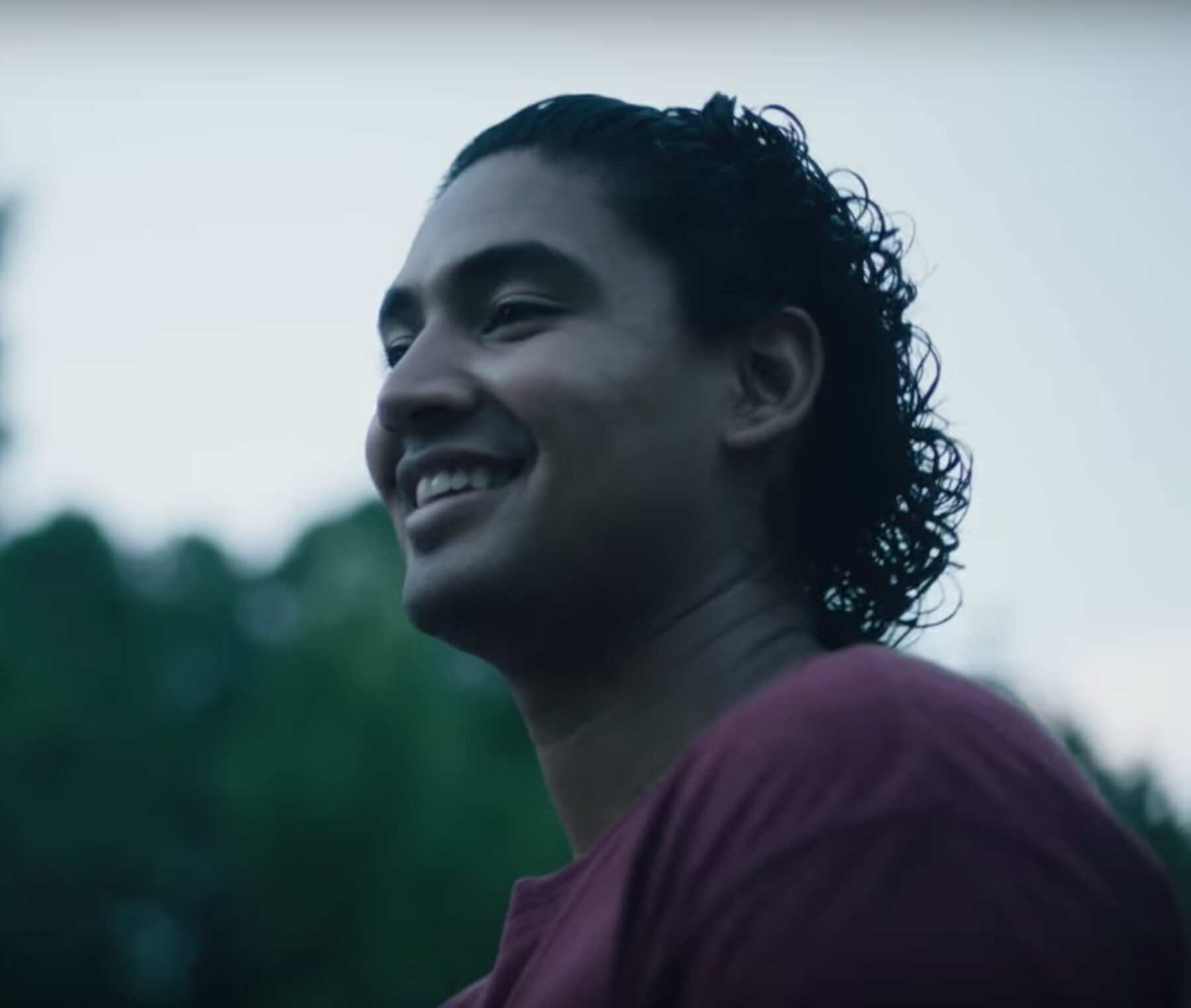Dreamers are strengthening the land of opportunity

Many years before he was an inspiring, professional mentor to dozens of youth in Georgia or a college graduate with a wife and a baby on the way, Juan Terrazas his two sisters, his mother, and several strangers boarded a van, rode across the U.S.-Mexico border, and reached Dallas. Waiting for them one winter night in 1996 was Juan’s father, a hardworking day laborer. Nearly 10 years later, Juan’s father was deported, and his mother returned to Mexico to care for her dying father.
“My journey started, at age 14, left in America without my parents,” says Juan. “The word ‘dreamer’ to me, even though I’m a citizen now, it’s a part of me.”
“Dreamers are hard workers and they give to their communities. They’re teachers, they work in corporate America, they’re in our churches. Dreamers aren’t here to take away — they’re here to give back. They know they’ve been given a significant responsibility, especially living in this country,” says Juan.
At 15, Juan was house hopping, sleeping in different places, surviving. “Thankfully, I was able to find a place to stay at every night,” he says, “I was either at a friend’s house or living at a church facility for two months at a time.”
At this point, Juan had one goal: graduate high school. “I wanted to make my parents proud. I wanted to be the first person in my family to get an education,” he says. “I wanted to pave a road and be a trailblazer for other young people who may be in tough situations, so they can see me and say, ‘Man, if he was able to do it, I can do it as well.’”
This is the work ethic and community-oriented generosity that society can expect from Dreamers and immigrant families more broadly. “I saw how hard my dad worked and how he would wake up early in the morning to go do whatever job he had that day and then come home late at night. He would always tell me that he wanted me to be better than him. The very phrase he would tell me is that ‘I want you to be someone in life,’” Juan says.
For the children who were brought to America by parents desperate to provide a better future for their families, the question to consider is how to embrace Dreamers. “If people continue to see Dreamers as thugs, here just to take away, then they will never really get to know that he’s a big brother. He’s someone that cares about the community or that she’s someone who has straight A’s on her high school transcript. They just see them based on what they hear on the news or the outer appearance, but they never get to know who the person is.”
All of this is reflective of Juan’s career with the Path Project — a nonprofit helping youth in mobile-home communities succeed in school and graduate high school. Juan does after-school tutoring for youth, many of whom are children of immigrant families, and mentors them through their journeys from surviving to thriving in America, beginning as Juan did by completing a big milestone: graduating high school. These kids trust in Juan because they know he experienced adversity and has a lot of wisdom to pass on about how he found success in school and his personal life. He went from being alone in a foreign country, to graduating high school and now building a career focused on helping others. These kids look up to Juan and find hope from his journey. And the outcomes are profound, with graduation rates moving from 36 percent to over 88 percent for kids involved in The Path Project.
“It’s a passion for me. It’s an opportunity for me to pour out into them things that’s been poured into me. I don’t want to hold anything for myself because I know that one day I’m going to want them to pour it into other kids as well, so that they can dream and then they can be able to make their dreams,” says Juan.
The deep relationships Juan had and has built over time are still compounding. The people who took him in and embraced him and loved him for who he was embody the best of the American spirit. And Juan, an overcomer who has done the hard work to thrive, is now investing in others navigating a familiar journey.
Juan recalls one of his favorite sayings, “it says something like, ‘I’m able to see further because I stood on the shoulders of giants.’ I was able to see past my current situation and see that there was a future ahead for me because of the people whose shoulders I was able to stand on. That’s what I would encourage other people to do … look at bringing others up, elevating them to their high potential.”
But the best part of the story is that Juan is not an anomaly. There are so many others like Juan who are here to build a better shared future for themselves and their families, and their communities are contributing to a better America.
“Anything is possible in this land. You can come from a background where you have nothing and grow up to be someone really significant who has made an impact in other people’s lives.”
Juan Terrazas
To read more about Juan’s story and the Left in America Organization, please visit https://www.hisplanorg.com/programs/left-in-america/.

